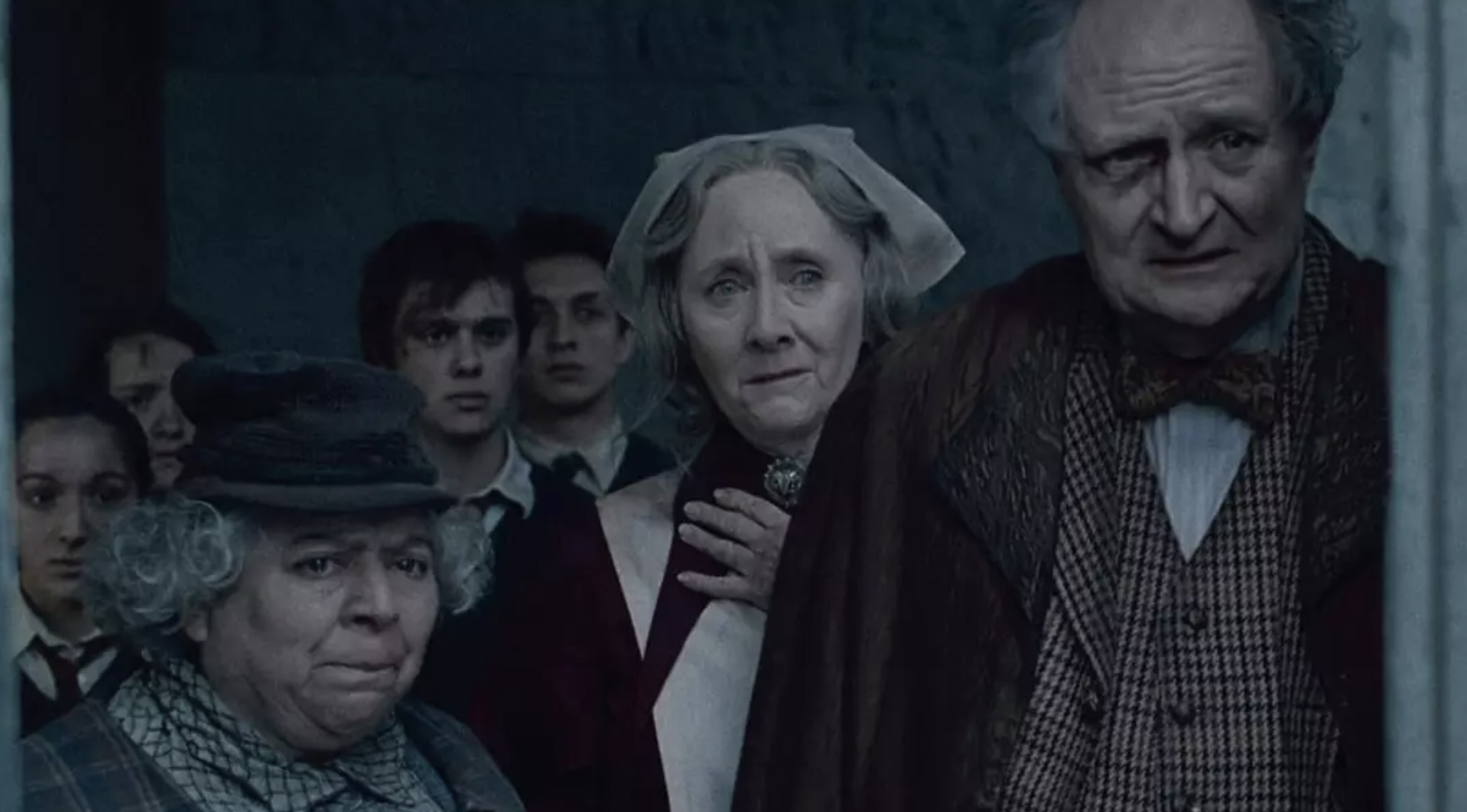
Miriam Margolyes, the beloved British actress best known for her role as Professor Sprout in the Harry Potter film series, has spoken candidly about her declining health and thoughts on assisted dying. At 84, Margolyes is facing multiple health issues, including spinal stenosis and osteoporosis, which have significantly affected her mobility. She now relies on walking aids and an electric scooter to maintain her independence.
In a recent interview, Margolyes expressed regret over not taking better care of her health earlier in life, saying she feels as though she has “let her body down”. Despite her challenges, she maintains her trademark humour, joking about her lifelong fondness for rich desserts and indulgent meals.
Margolyes revealed that she has been officially registered as a disabled person in the UK and is candid about the limitations she faces daily. She estimated she may have “five or six years left, maybe less”, and is confronting the future with honesty and pragmatism.
One of the more sensitive topics she addressed was the possibility of choosing assisted dying if her health deteriorates to the point where she loses autonomy. She stated that she would not want to continue living if she were unable to speak, remember, or move independently. Her comments come amid ongoing debate in the UK over the legalisation of assisted dying.
Currently, assisted dying remains illegal in the UK, but the Terminally Ill Adults (End of Life) Bill has been proposed in Parliament. The bill would allow terminally ill adults with a prognosis of less than six months and full mental capacity to request medical assistance to end their lives. The process would require assessments by healthcare professionals and legal representatives. Importantly, the proposed legislation distinguishes assisted dying from euthanasia, as the former involves the individual self-administering the prescribed medication.
Despite the gravity of her reflections, Margolyes continues to approach life with the same wit and candour that have made her a cherished figure in British entertainment. Her openness has sparked renewed public conversation around ageing, disability, and end-of-life choices in the UK.

